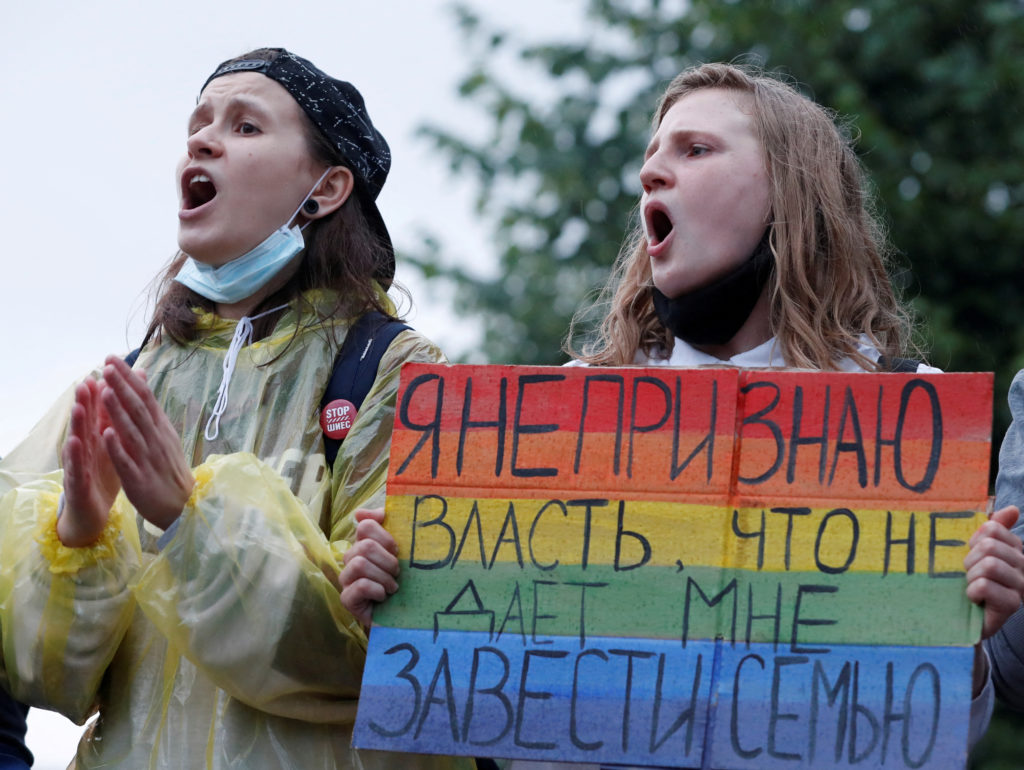Russia’s sexual culture has undergone significant transformations in recent years, influenced by social, political, and technological changes. As the country navigates its traditional values alongside modern influences, discussions surrounding sexuality, rights, and education have become more prominent. This article explores the current developments, trends, legal frameworks, social media’s role, educational efforts, and future prospects shaping Russia’s sexual landscape today.
Overview of Current Developments in Russia’s Sexual Culture
Recent developments in Russia’s sexual culture reflect a complex interplay between conservative values and increasing exposure to global ideas. While traditional attitudes towards sexuality, especially in rural and religious communities, remain prevalent, urban areas are experiencing a gradual shift towards more open discussions about sexuality and personal expression. Cultural events, media representations, and public debates have contributed to a broader awareness of diverse sexual identities and preferences. However, the state continues to uphold conservative policies that emphasize family values and restrict certain expressions of sexuality, leading to a nuanced and often polarized cultural environment.
Recent Trends and Changes in Russian Attitudes Toward Sex
In recent years, Russian attitudes toward sex have shown signs of gradual change, particularly among younger generations. There is a growing acceptance of topics such as sexual orientation, gender identity, and sexual health, although these remain sensitive subjects. Increased exposure to international media and the internet has facilitated more open conversations, challenging traditional taboos. Nonetheless, societal attitudes are still heavily influenced by religious and political ideologies, resulting in a cautious approach to sexual liberalization. Trends indicate a slow but steady shift toward more accepting views, especially in urban centers, while conservative perspectives continue to dominate in more traditional regions.
Legal Framework Surrounding Sexual Rights in Russia Today
Russia’s legal landscape regarding sexual rights is characterized by a mixture of restrictive laws and limited protections. The country criminalizes certain forms of sexual behavior deemed incompatible with public morality, such as same-sex relations for minors and certain public acts. Legislation also restricts the promotion of non-traditional sexual orientations, often citing the need to protect youth from "harmful" influences. While there are some legal provisions for sexual health and reproductive rights, comprehensive protections for LGBT individuals and other sexual minorities are lacking. This legal environment reflects a cautious approach to sexual rights, often balancing societal norms with limited attempts at progressive reform.
Impact of Social Media on Sexual Discourse in Russia
Social media has played a pivotal role in shaping sexual discourse in Russia by providing a platform for dialogue, information sharing, and community building. Online spaces enable individuals to explore and express their sexual identities more freely, circumventing traditional societal restrictions. Hashtags, forums, and private groups foster discussions on topics like LGBTQ+ rights, sexual health, and relationships, raising awareness and challenging stereotypes. However, the government has also implemented measures to regulate online content, censoring materials deemed inappropriate or politically sensitive. Despite these restrictions, social media remains a vital tool for young Russians seeking information and support related to sexuality.
Public Awareness and Education on Sexual Health in Russia
Public awareness and education efforts concerning sexual health in Russia are gradually expanding but still face significant challenges. Schools often provide limited or abstinence-focused sex education, which many experts criticize as insufficient for addressing the complexities of modern sexuality. Public health campaigns aim to promote safe sex, prevent sexually transmitted infections, and reduce stigma around sexual health issues. Non-governmental organizations and international agencies are increasingly involved in offering resources and support, although cultural resistance and government policies sometimes hinder comprehensive efforts. Overall, progress is being made, but there remains a substantial need for more inclusive and informative sexual health education nationwide.
Future Perspectives on Sexual Norms and Policies in Russia
Looking ahead, the future of sexual norms and policies in Russia appears to be characterized by cautious evolution amid ongoing societal debates. While some segments of the population advocate for greater acceptance and legal protections for sexual minorities, conservative forces continue to exert influence, emphasizing traditional values. Technological advancements and increased global connectivity may foster more open discussions and gradual policy reforms, but these are likely to be slow and carefully managed. The trajectory will depend heavily on political developments, societal attitudes, and international pressures, shaping a future where dialogue around sexuality in Russia remains complex and multifaceted.
Russia’s evolving sexual culture reflects a nation caught between enduring traditional values and the forces of modernity. As social attitudes, legal frameworks, and technological platforms continue to develop, Russian society is gradually navigating a more diverse and complex landscape of sexuality. While progress is evident, challenges remain in balancing cultural norms with individual rights and health. The coming years will be crucial in determining how Russia reconciles these competing influences and shapes its future sexual norms and policies.















